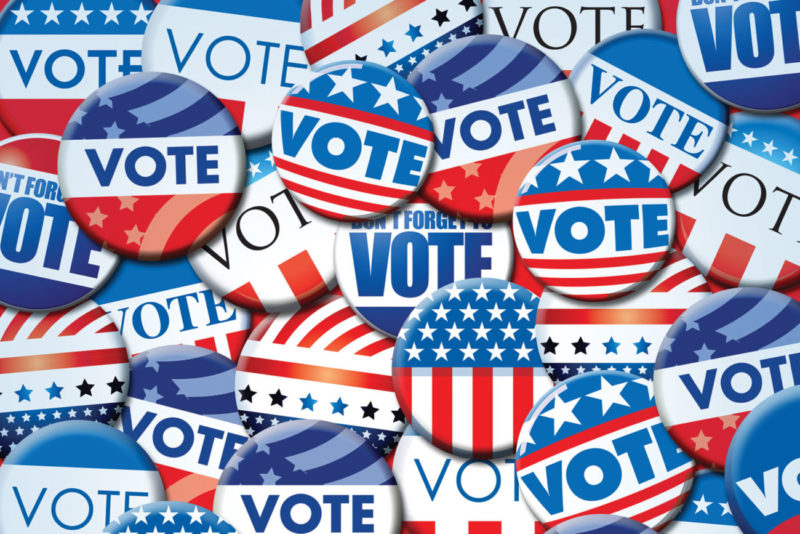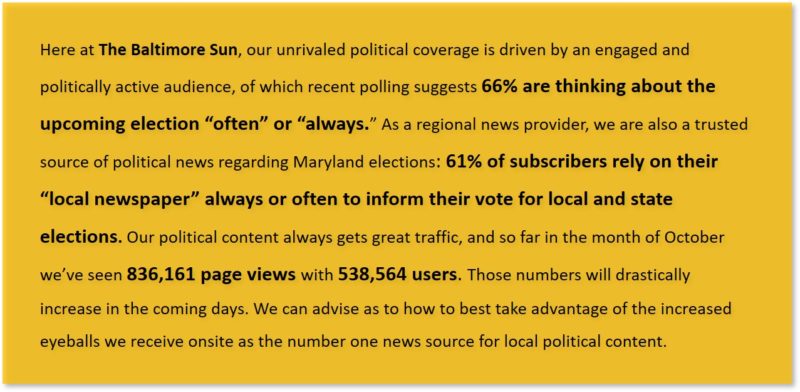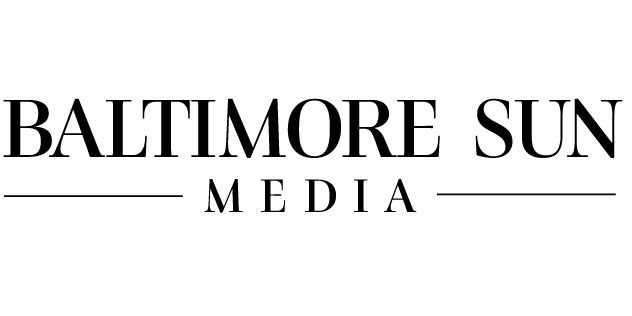
Elections always influence and reveal a society’s identity, relationships and economic functions. Amid the extreme polarization of 2020, forces like hyper-partisanship, a president who doubts the election process and the pandemic create an election cycle that will impact these realms as never before. The events of the coming days and weeks will likely have huge implications for consumer trust and behavior and, in turn, business communication.
The total campaign spending for this election is set to hit a record breaking $11 billion. Compare that to a total spend of $7 billion in 2016 – it is clear this is one of the most all-encompassing elections this nation has ever seen. With a deluge of political messages across all platforms, brands are experiencing higher costs for their paid campaigns, resulting in higher risk of overspending on advertising budgets, and worse, having their campaigns (paid and organic) totally obscured by the noise of election season. We’ve talked about this at length previously. If this proves to be a protracted election with a contested result, as many analysts fear, we can expect those impacts and the general all-encompassing nature to only amplify in the period after election day itself.
So, what can our business community here in Maryland do to mitigate these effects and still garner attention during this period? For many, the smart money suggests withdrawing altogether until this blows over. However, the effects of the pandemic mean that maintaining awareness and driving new business is of tantamount importance. We cannot simply cease marketing ourselves for a period. Ultimately, embracing a more holistic media spend should get your business more advertising mileage in the weeks to come. Those who embrace a holistic approach — one that encompasses online video, connected TV and high traffic display — can still lock down inventory at normal rates. While competition will certainly be high, the wide availability of these advertising channels has created choices that were previously unavailable to advertisers.

In the run-up to the election, many businesses have used such a communication strategy by taking on the cause of encouraging customers to vote. Encouraging Americans to participate in the election is good for democracy and good for business. Steven Massey of the Civil Alliance recently recounted how Patrick Frisk, CEO of Under Armour, as a new U.S. citizen voting for the first time this election, has been forthright in displaying his passion for democracy to his employees and customers. In the event of a contested election, and even violence or unrest, your business should have a communication plan for your employees certainly, but also for the communities that you serve.The type of message that your brand is putting out into the world truly matters, with the role of businesses as communicators more vital now than ever. This year has seen corporations and businesses needing to be extremely agile and adapt their communication strategies. Businesses now serve the purpose of a “town square” — they are expected to lead by example, acting empathetically with customers and engaging with social issues all while continuing to drive their companies forward.
We all know that it is not and will not be “business as usual” — it hasn’t been since the pandemic began, and the election will compound that further. However, this is a time to ensure that business means continuity. Customers want to know that, despite the hardships caused by the pandemic, despite the pain and anguish caused by racial injustice ,and despite the uncertainty following this election, the brands they know and trust are there for them.

